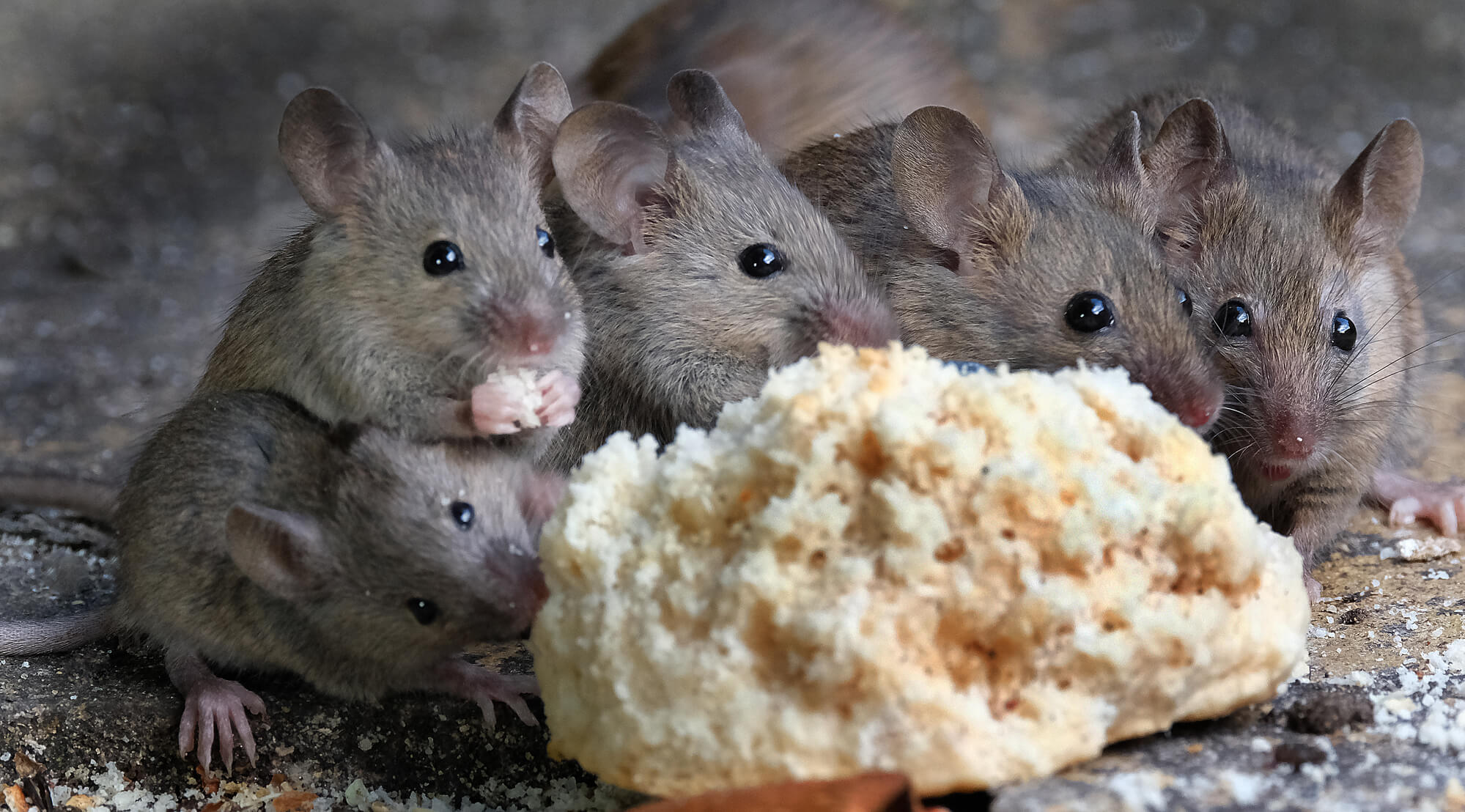The researchers behind the new study were able to create baby mice with genetic material from two males without any genetic changes. They achieved this by using stem cells to create primordial germ cells (PGCs), which differentiate into sperm and egg.
Scientists in China created baby mice using eggs derived from male mouse cells, according to a study published in the journal Cell Stem Cell. This breakthrough may have significant implications for the treatment of infertility in humans and the study of genetics.
Normally, reproduction in mammals requires a sperm and an egg, each of which carries half of the genetic material needed to create a viable embryo. Previously, scientists were able to create mice from two female parents or two male parents, but only by changing the genomes of the cells involved.
However, the researchers behind the new study were able to create baby mice with genetic material from two males without any genetic changes. They achieved this by using stem cells to create primordial germ cells (PGCs), which differentiate into sperm and egg. The researchers then implanted the PGCs into female mouse embryos that had been genetically modified to be sterile, allowing the PGCs to develop into eggs within the ovaries of the female embryos.
After the eggs were collected, they were fertilized with sperm from a male mouse and implanted into surrogate mother mice. Out of the 210 oocytes implanted, 29 embryos developed and were born as live mice.
While the mice with two fathers are healthy and fertile, they do not pass the unique genetic material found in the mitochondria to their offspring. This is because the genetic material in the eggs comes entirely from the male PGCs, rather than a combination of genetic material from both the sperm and the egg. The researchers believe their technique could be used to create suitable eggs from infertile men, allowing them to have biological children without the need for a female egg donor. The same technique can also be used to create suitable eggs from cancer patients who have undergone chemotherapy that damaged their eggs.
However, the researchers caution that their technique is still in its early stages and that more research is needed to ensure that the resulting embryos and offspring are healthy. There are also ethical considerations to consider, as some people may have concerns about having children with genetic material from two fathers.
The research was received with excitement and caution by the scientific community. Dr. Amanda Clark, a stem cell biologist at the University of California, Los Angeles, told Nature that the research is "very exciting" and has "significant implications for understanding how mammalian embryos develop." However, she also cautioned that there are still many unknown aspects about the long-term effects of using stem cells to create eggs.
The research also raises questions about the potential for gene editing and creating "designer babies". Although the researchers did not use gene editing in this study, the ability to create eggs from male cells may make it easier to edit the genetic material of embryos.
Creating mouse babies with genetic material from two males is a significant scientific breakthrough that may have far-reaching implications for the treatment of infertility and the study of genetics. However, more research is needed to ensure the technique is safe and ethical.
More of the topic in Hayadan:
- Researchers at Tel Aviv University have developed an innovative genetic technology that can reach 100% accuracy in determining the sex of the fetus
- The elongation of mitochondria in embryonic stem cells affects the process of differentiation into the various body tissues
- the passersby of the dispute


2 תגובות
Hello to the scientist site, the translation of the article is flawed as it actually does not talk about the experiment and the real results, but about an experiment and results that never happened.
For "heavy" biological articles of this type, it is worthwhile to bring in a translator with at least a PhD in biology.
Roy
"Baby mice" or baby mice?
Hebrew is a difficult language????